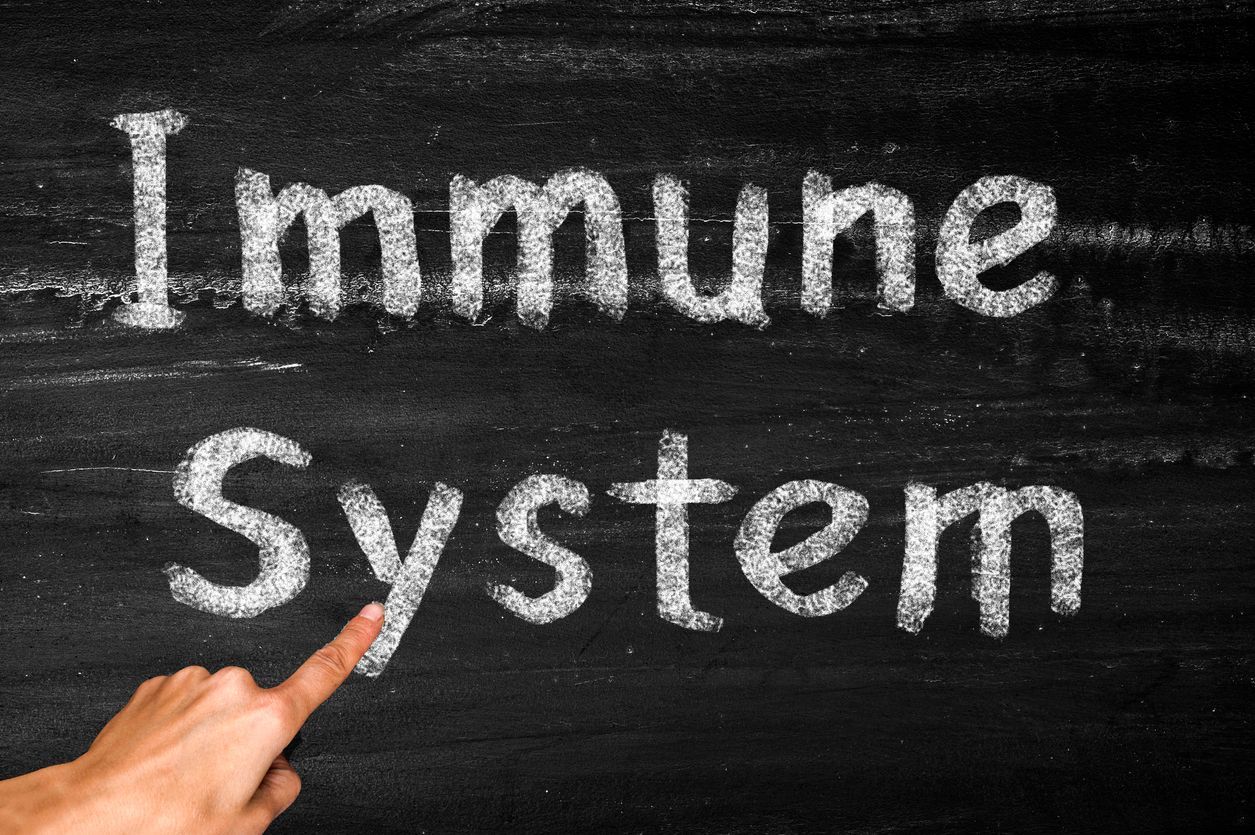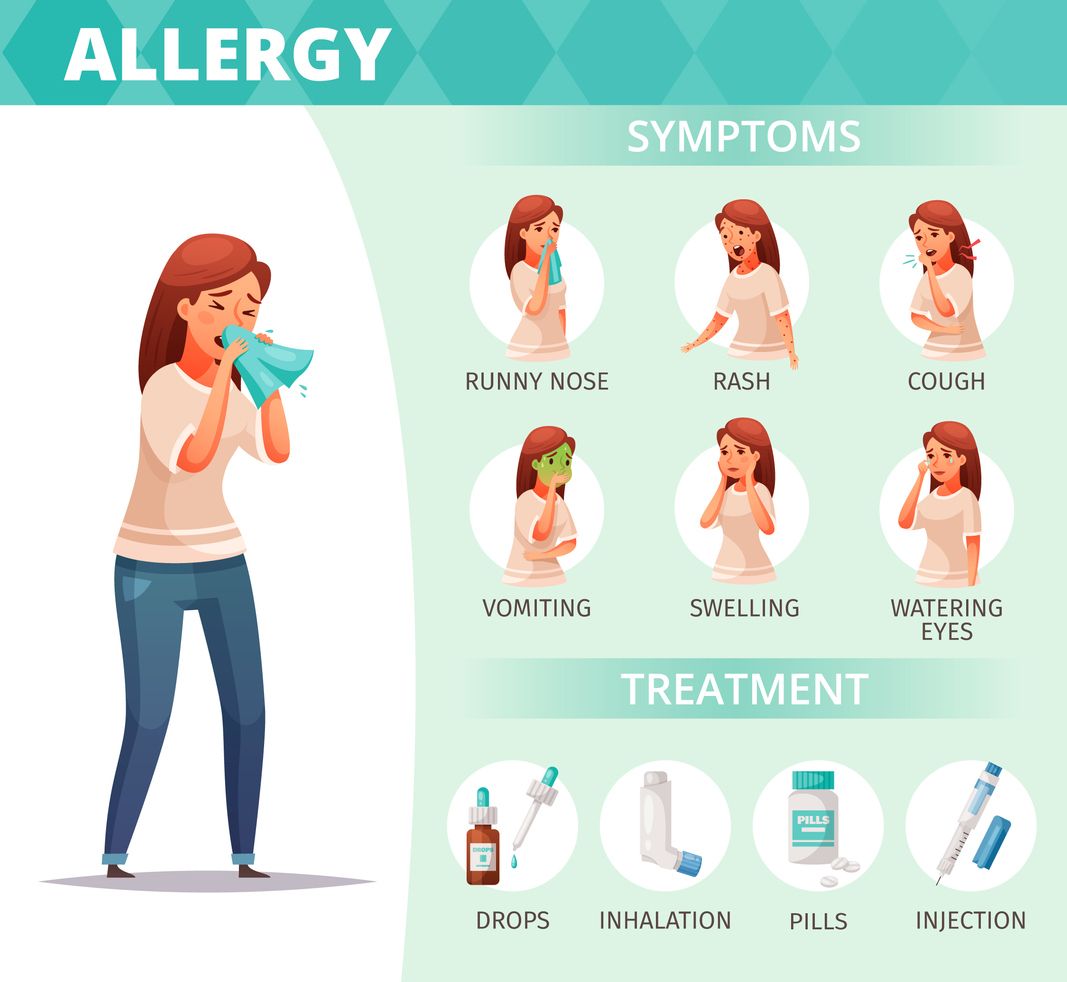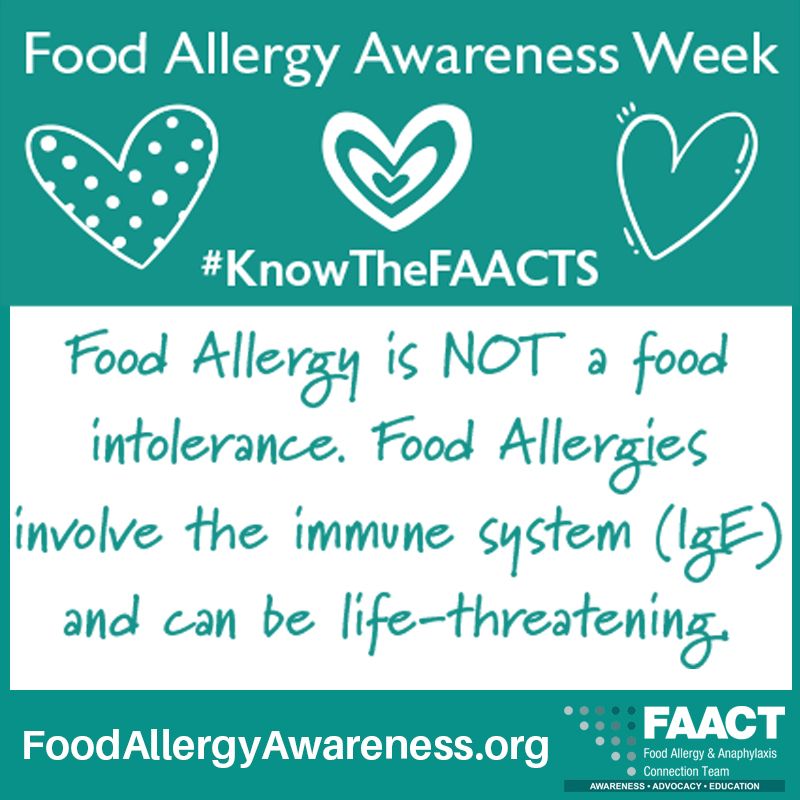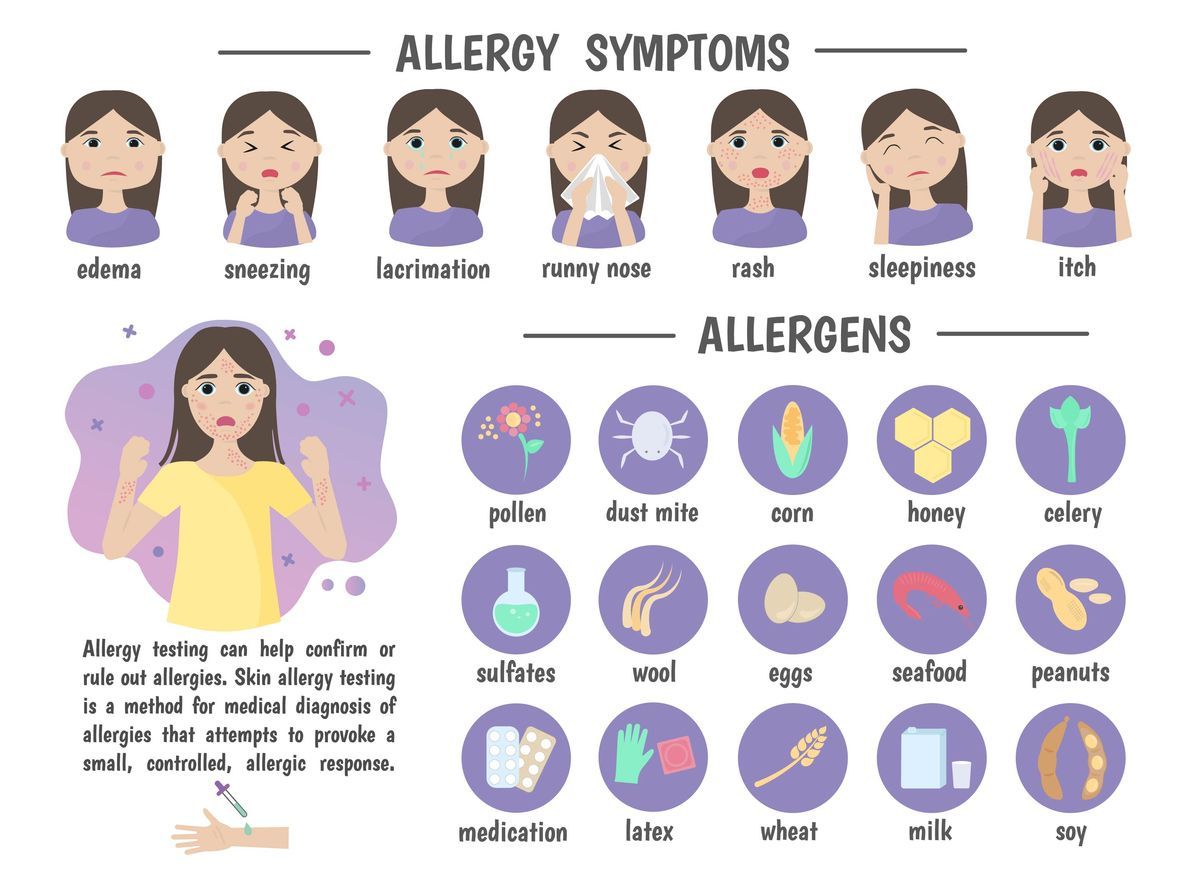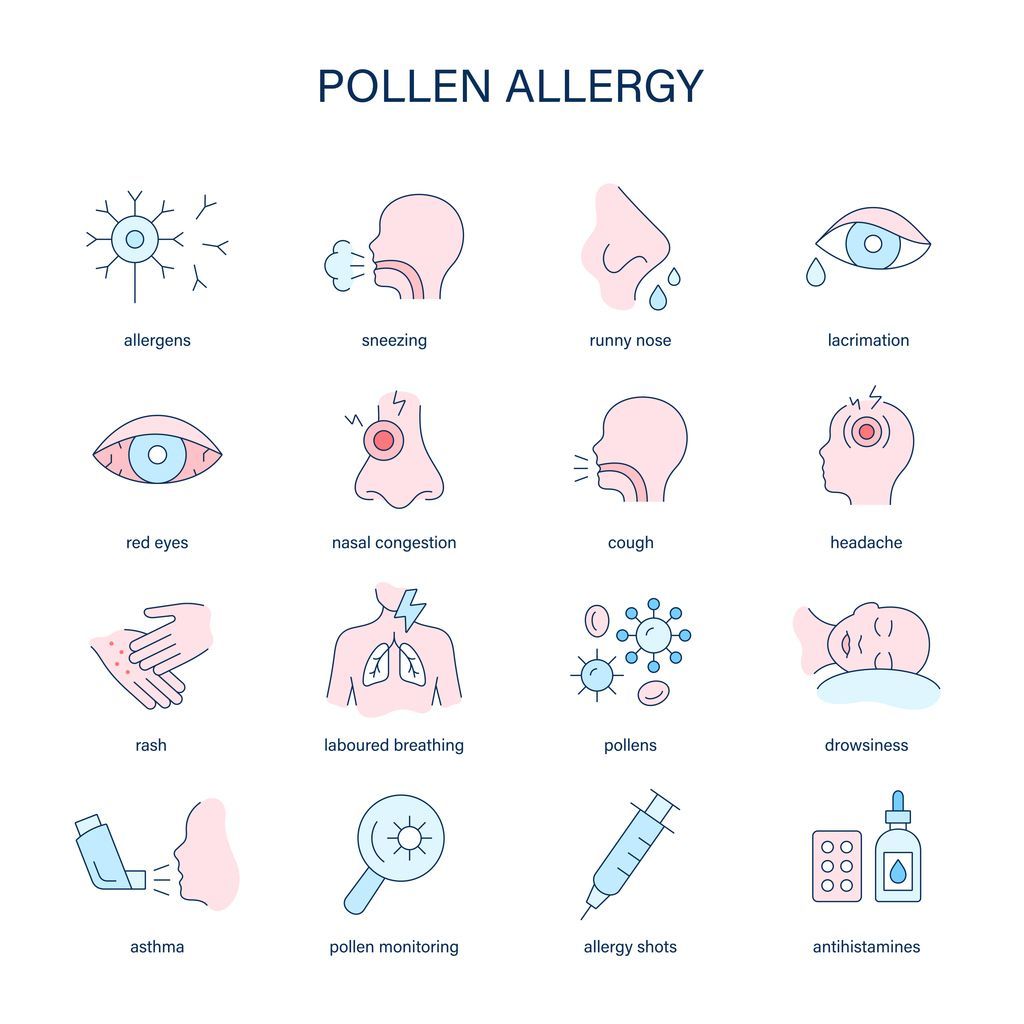What is food allergy desensitization?
What is Food Desensitization?
Food allergies are immensely stressful. It takes away the fun of enjoying certain types of foods. However, you can still enjoy taking the foods you're allergic to if you undertake food desensitization or oral immunotherapy.
This treatment approach gradually desensitizes the body from allergies until it becomes accustomed to the allergen, allowing you to eat the food without any allergic reaction. Continue reading to learn more about this treatment approach.
Oral Immunotherapy for Food Sensitivity
Oral immunotherapy is a treatment used to help patients adapt to the food they're allergic to. Allergists give their patients small quantities of food allergens and gradually increase them to build their body's resistance or tolerance. For instance, when desensitizing milk allergy, the allergist will require you to drink a tiny amount of the milk allergen that wouldn't cause any allergic reaction.
They will then gradually increase the amount until you maintain a certain amount of the milk without an allergic reaction, a process known as maintenance dosing. You must maintain a particular amount of the milk allergen daily to sustain your response to oral immunotherapy.
The intention is to increase tolerance to food allergens so that patients can eat them without experiencing allergic reactions or avoid any reaction when they're accidentally exposed to small amounts of the food they're allergic to. The treatment is not to "cure" the food allergy but desensitize you to the food you're allergic to. Therefore, if a patient doesn't continue the dose regularly, the allergic reactions may return.
This treatment is conducted in an allergist's office, hospital, or clinic under direct supervision. It can be used to treat the following eight major food allergens, according to the Food and Drug Administration (FDA):
- Soybeans
- Wheat
- Milk
- Eggs
- Fish
- Peanuts
- Peanuts
- Tree nuts
How Long Does Allergy Desensitization Take?
The buildup phase for oral immunotherapy takes over a month, but it can take up to 6 months to get to the maintenance phase while desensitizing peanut allergies. This timeline may be longer, especially if the patient experiences a lot of allergic reactions. The most crucial thing is ensuring the process is safe rather than how quickly it takes to complete.
Can Food Allergy Desensitization Treatment Help Me?
Yes. This is a suitable treatment for food allergies, allowing you to enjoy foods you are allergic to. Food allergy desensitization treatment has helped about 76.9% of people who are allergic to foods such as eggs, milk, and peanuts, although most of these researches involved children. However, despite its high chances of success, you need to commit to the treatment process to be successful. This includes maintaining frequent clinic visits, maintaining the recommended maintenance dosage, and being prepared and watchful of any reaction.
Your allergist may also recommend other requirements, such as avoidance of certain drugs, activities, and lifestyles, which you must be ready to commit to.
What Are the Benefits of Food Allergy Desensitization?
Food allergy desensitization allows you to eat the food without an allergic reaction as they would previously do. This comes with the nutritional benefits you missed while avoiding the foods you were allergic to. It also does away with severe reactions such as anaphylaxis which can be life-threatening.
What Are the Challenges Associated With Food Allergy Desensitization?
Administration of oral immunotherapy can be challenging for patients with a high possibility of allergy reactions, such as anaphylaxis. However, this can be well-managed if you seek treatment from a qualified allergist. They will help administer the medication needed to control symptoms associated with the treatment process.
Food Allergy Desensitization at Iowa Allergy Clinic
Food allergies can hinder you from enjoying a lot of meals. You shouldn't let them control your life with the possibility of treating your condition with food allergy desensitization. At Iowa Allergy Clinic, we offer quality oral immunotherapy services to food allergy patients in Ankeny and West Des Moines, Iowa, and their surroundings. We guarantee quality services despite the daunting process involved in this form of treatment. Let's
get in touch to learn more.


